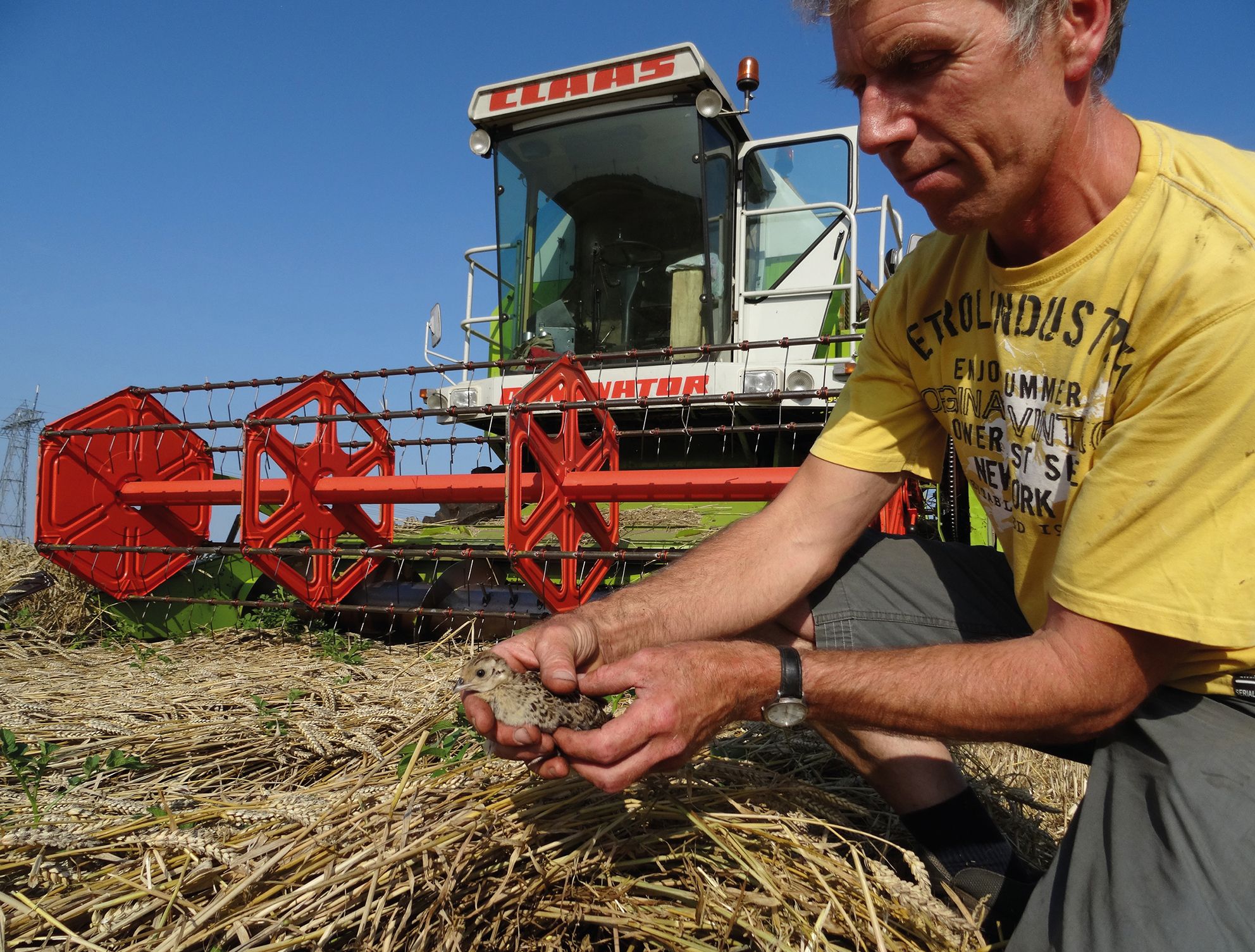
A CLEAR, EVIDENCE-BASED NARRATIVE BUILT FOR INVESTMENT DECISIONS
When we joined the project, Kloosterplaats had fifteen years of promising work, countless expert conversations and a strong intuitive sense of impact. But almost no consolidated data. Interviews with scientists and practitioners were valuable, but too slow to absorb and too repetitive to form the backbone of a compelling pitch. The narrative lacked the one thing that funders need to take a decision: compact evidence.
Our first task was therefore to extract, structure and analyse every measurable element we could find:
– pesticide reduction
– nitrogen leakage
– yield comparisons
– biodiversity counts
– longitudinal bird and insect data
– shifts in soil health and water impact
– on-farm vs off-farm influence
– economic performance and risk
– regional relevance
This process transformed scattered insights into a clear, quantified picture. The numbers revealed something crucial: Kloosterplaats is not an alternative experiment, but a viable, productive farm with sharply reduced ecological impact, comparable yields with less harm, and clear biodiversity gains where surrounding farms show decline.
Once the data foundation was there, the story could be reframed with clarity and purpose:
Why this farm matters (a functioning model of regenerative transition within mainstream agriculture)
Why continuity is at risk (retiring owners, threat of commercial takeover)
Why Het Groninger Landschap is the right steward
Why funders are needed (to secure ownership and enable scaling)
What the investment achieves (a transferable model for the region and beyond)
We developed a pitchbook that combines data extraction, strategic narrative, impact mapping and visual clarity. Turning a complex agricultural story into an actionable investment proposal.
The result is a document that allows Kloosterplaats and Het Groninger Landschap to speak to large companies, philanthropic funds and institutional partners with confidence:
a farm with proven ecological performance, a realistic acquisition plan, and a clear path to scaling regenerative agriculture in Groningen.
Kloosterplaats is no longer “a good story in need of structure”. It is now a financing case, clearly framed, evidence-based and ready for decision-making.
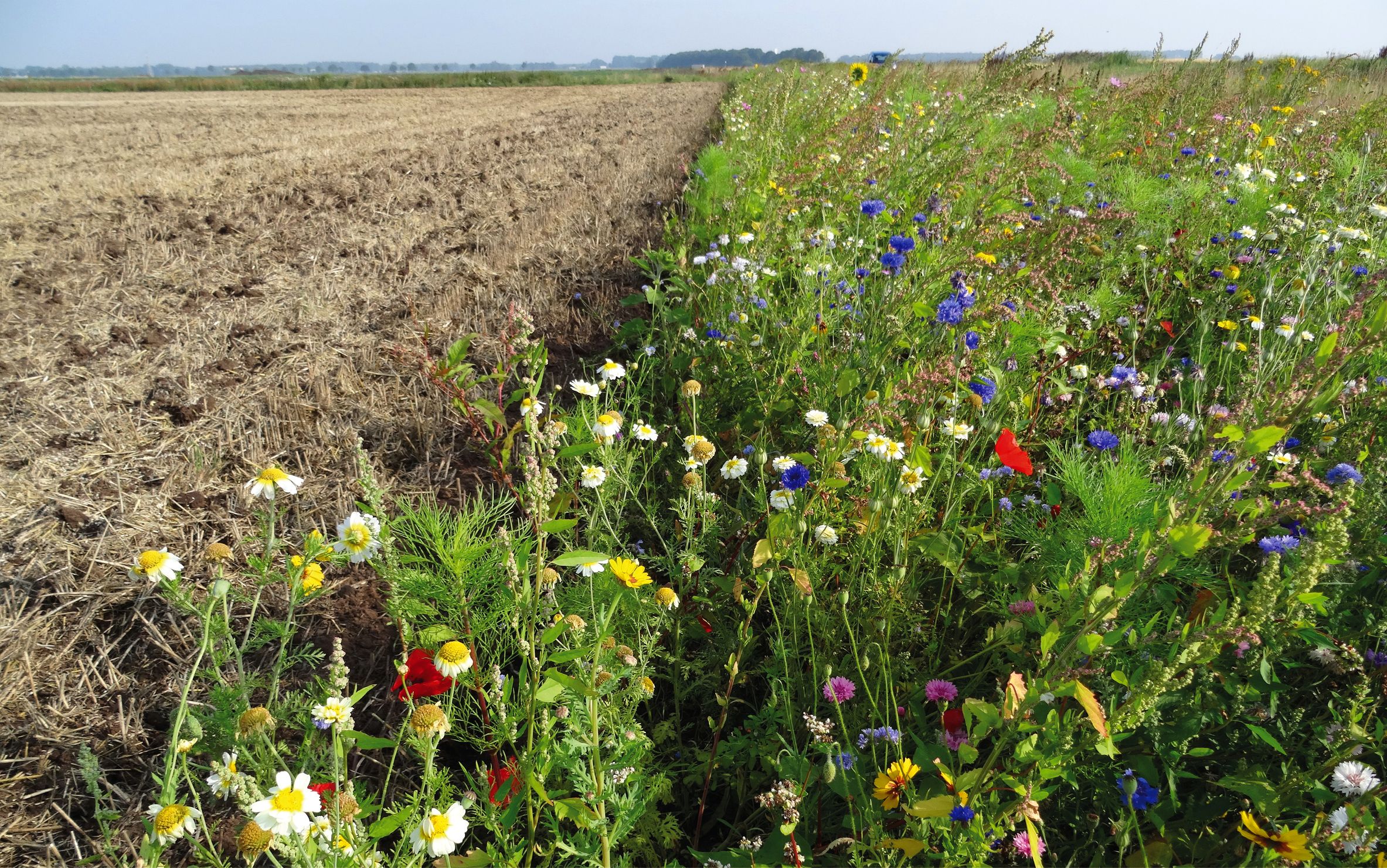
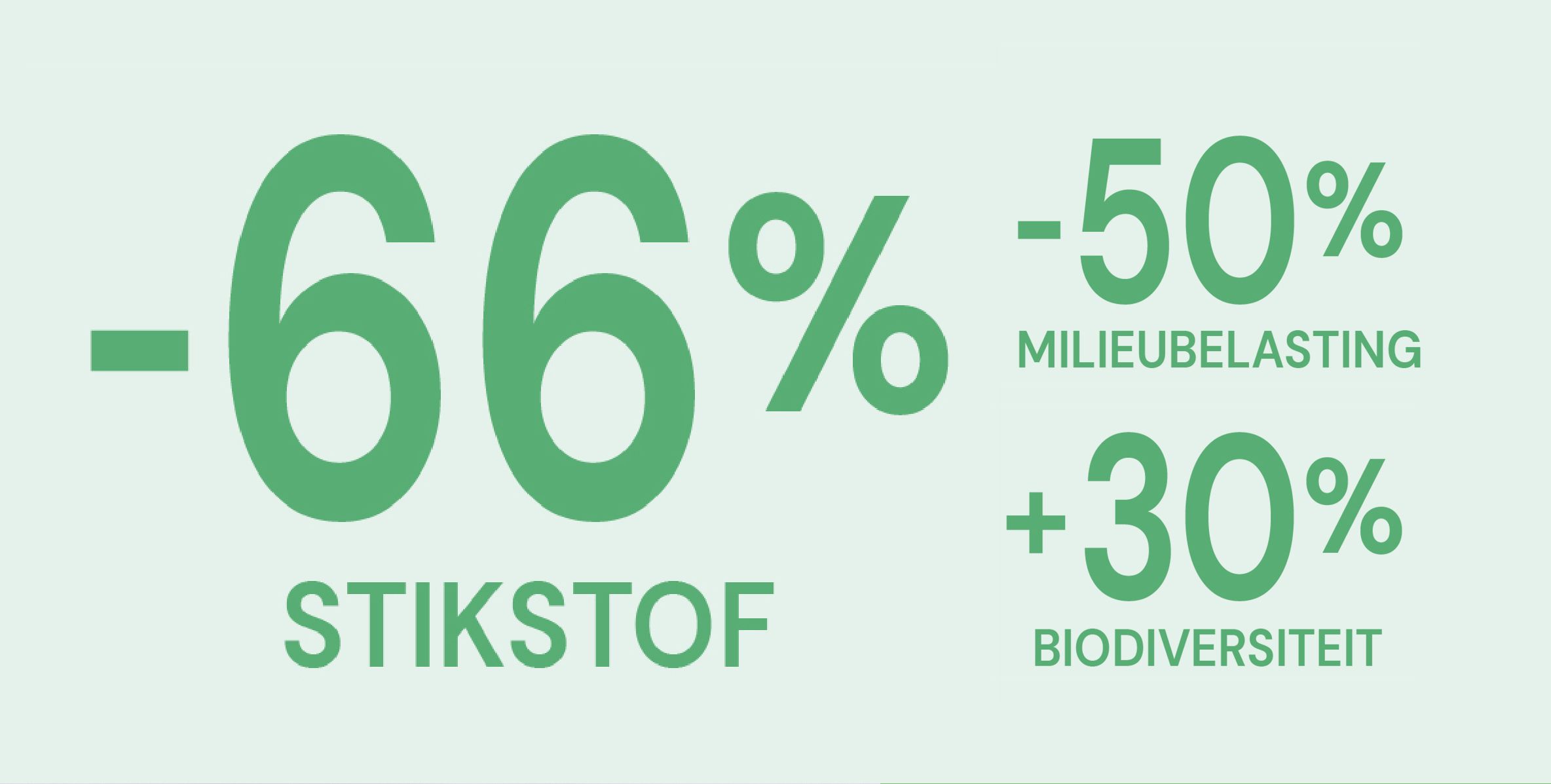
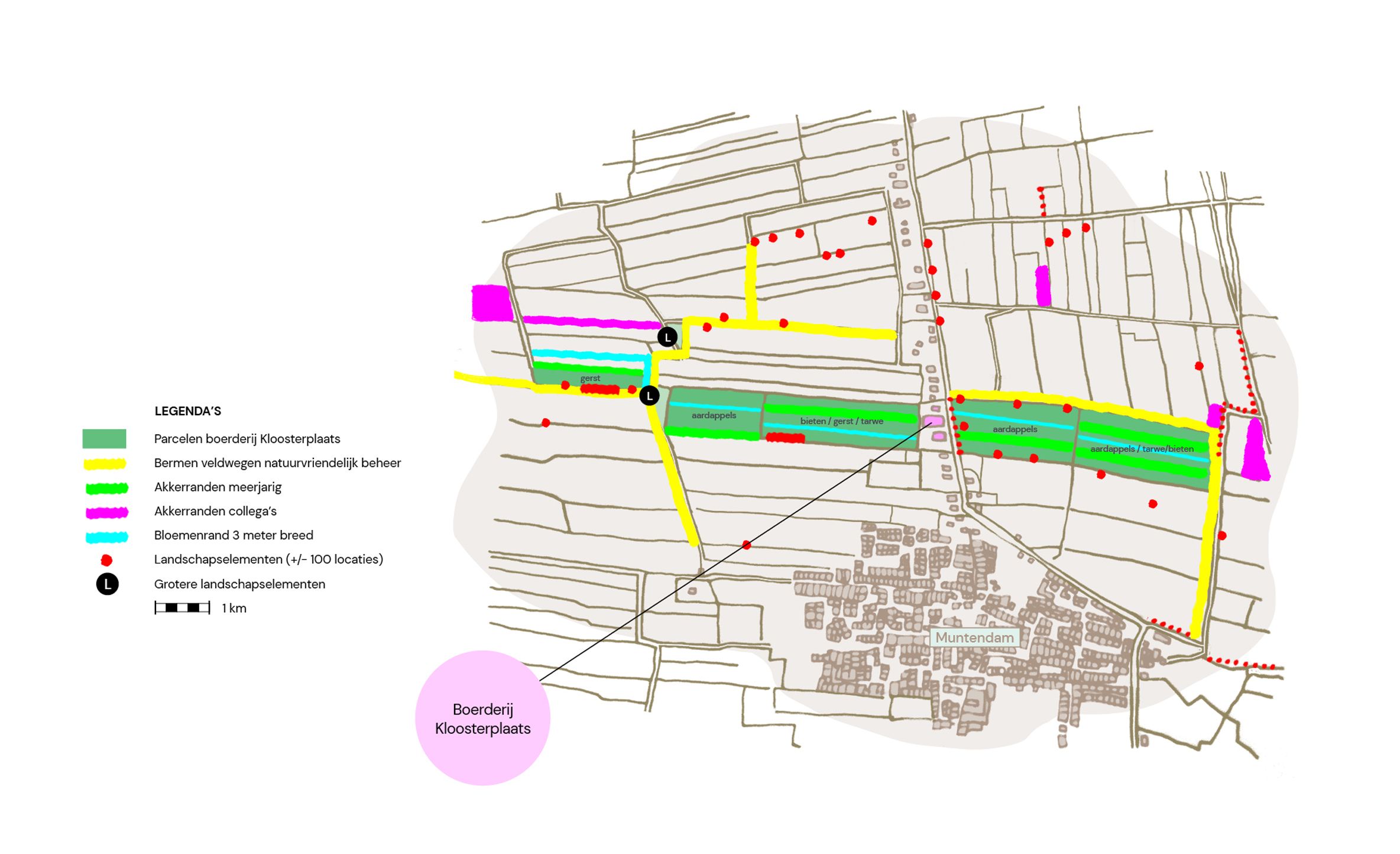

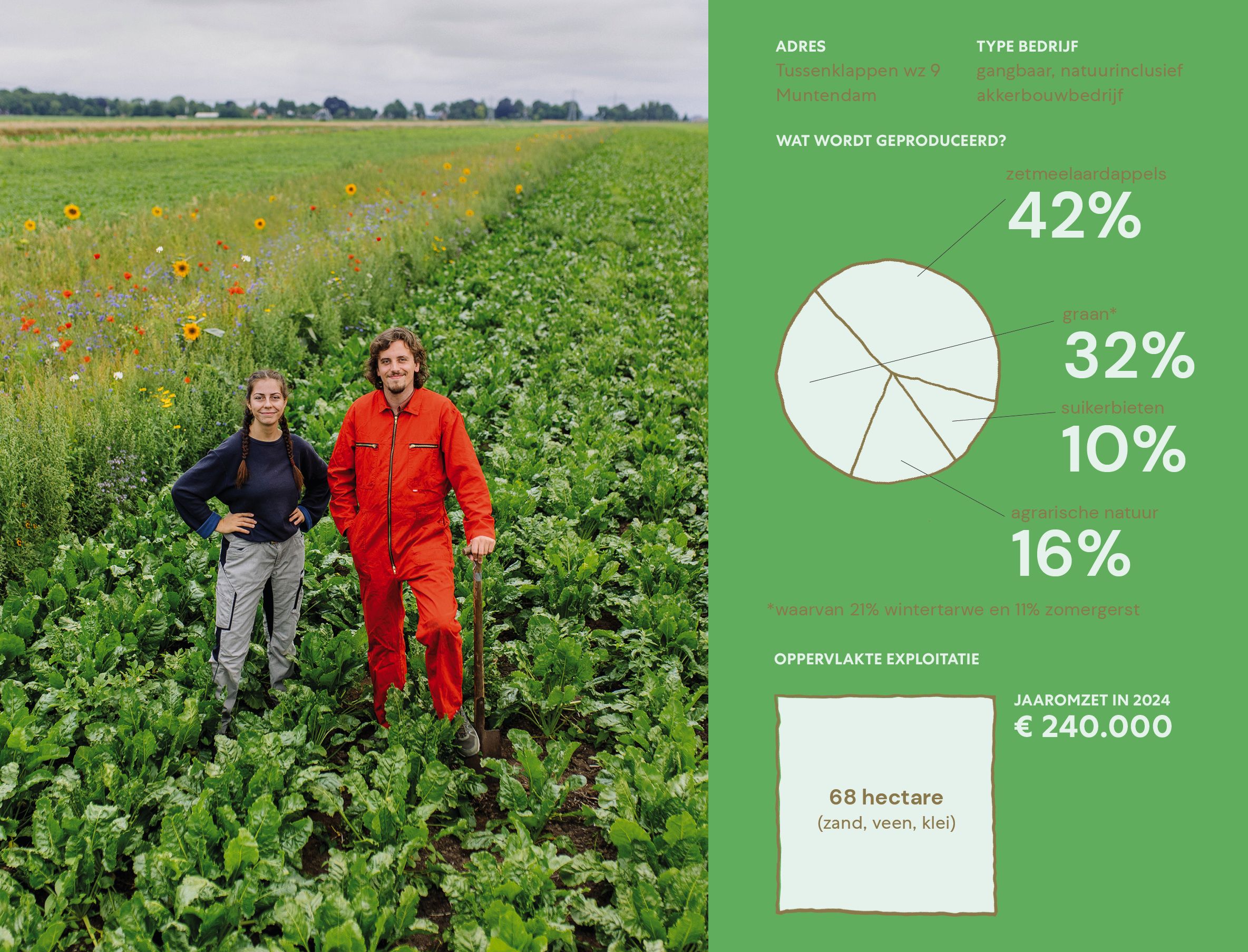
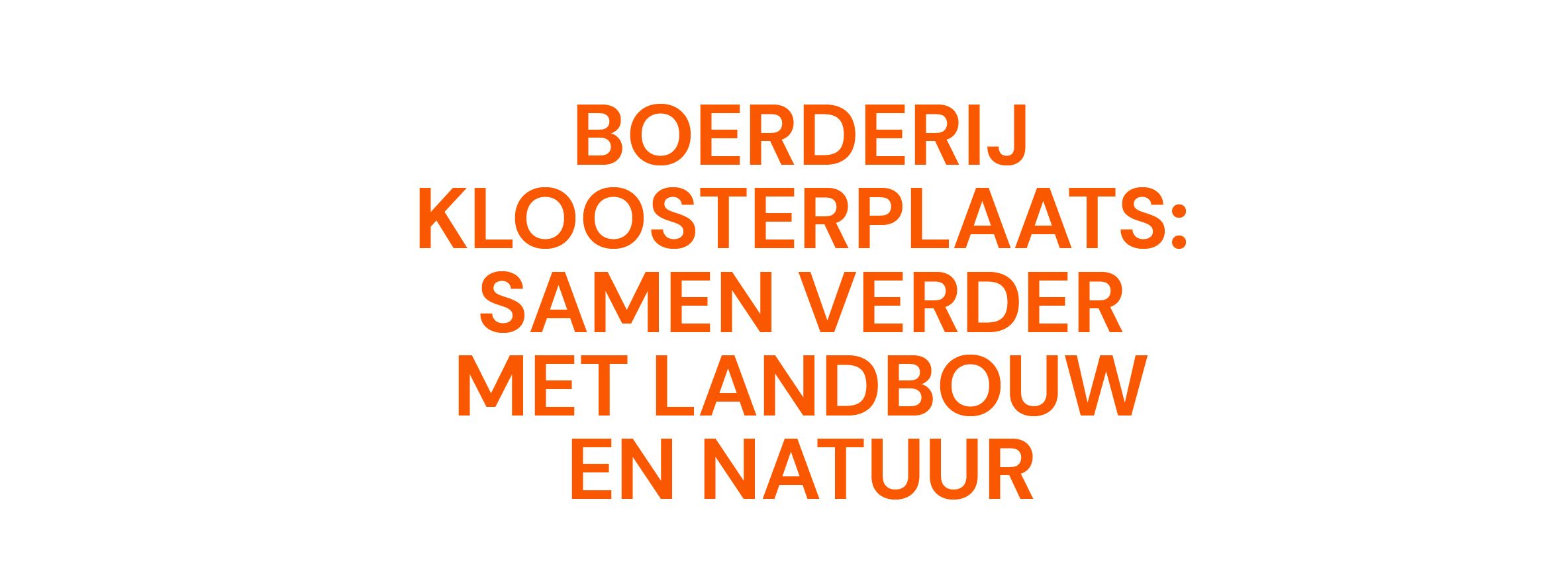
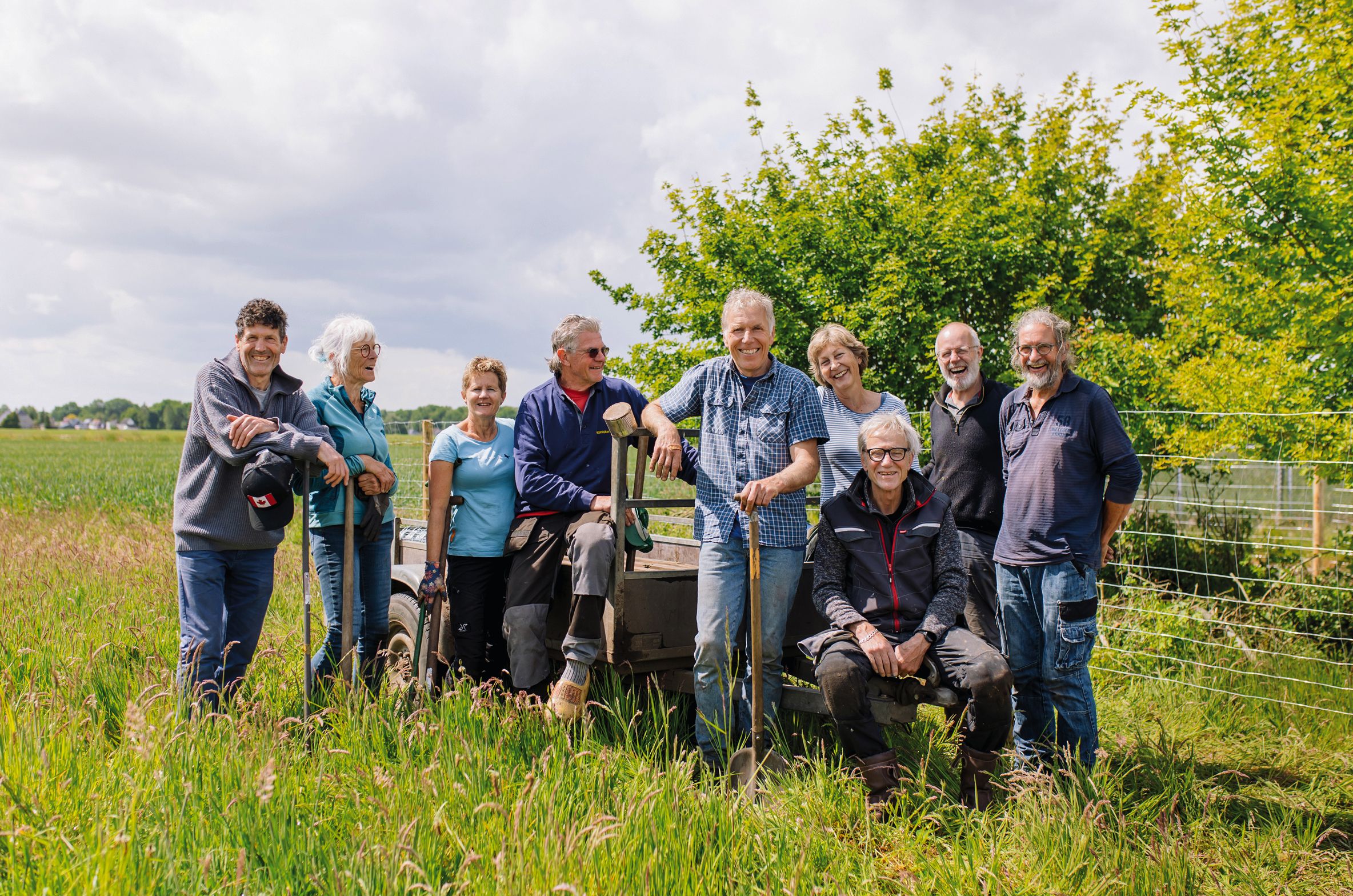
client: Boerderij de Kloosterplaats — Peter Harry Mulder & Eline Ringelberg / project management: Ben Barkema / editorial direction & texts: Caspar Janssen / advisory (Het Groninger Landschap): Marco Glastra, Hugo Dokter / strategic narrative, data structure & pitchbook design: Mariola López Mariño — Lopezlab / photography: Marleen Annema